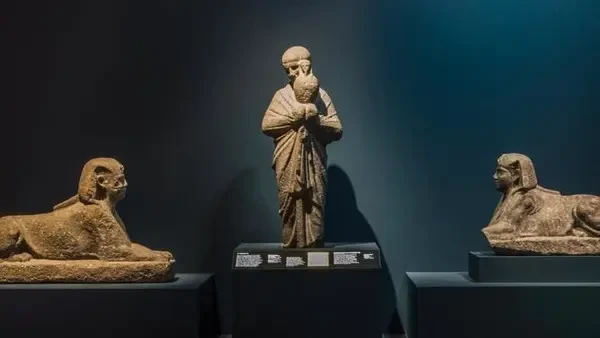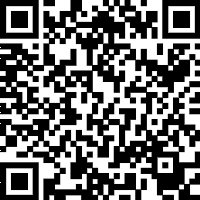Signature of a cooperation protocol between the National Remote Sensing and Space Science Authority and the Canadian Institutes Group CIC.
In an
important step to support education and training in remote sensing and GIS, a
protocol of cooperation has been signed today between the National Remote
Sensing and Space Science Authority and the Canadian Institutes Group. This
cooperation is part of Egypt ' s Vision 2030 for Sustainable Development and
Community Development.
The Protocol
was signed by Dr. Islam Abu Al-Magd, Chairman of the National Authority for
Remote Sensing and Space Sciences, and by Dr. Mamdouh Mohamed Al-Qadi, Chairman
of the Board of Directors of the Canadian Institutes Group CIC.
The
objective of the Protocol is to implement advanced training programmes,
including courses in modern remote sensing, geographic information systems and
artificial intelligence technologies, for students and graduates of the
Canadian Institutes Group. The training programmes will include topics such as
space image processing, geographic information systems and spatial analysis.
Professor
Islam Abu Al-Magd stressed the importance of such cooperation in strengthening
national capacities in the fields of remote sensing and space science,
commending the role of the Authority in disseminating this vital culture to
support decision makers in various development sectors. It also noted that this
protocol strengthens the partnership between Egypt's educational and research
institutions and develops the skills of students and graduates in line with the
requirements of the labour market. The aim of the protocol was to integrate
efforts and scientific cooperation to enrich the educational process, improve
the practical efficiency of students and optimize the scientific and material
resources available to both parties from research centres, laboratories,
production workshops and qualified personnel.
For his
part, Dr. Mamdouh Mohamed Al-Qadi stressed the need to exchange information and
experience in the areas of advanced technology in the context of the rapid
technological transformation of political leadership to achieve inclusive and
sustainable development.
The Protocol
also supported the organization of seminars, conferences and workshops to take
advantage of the scientific and technical capabilities of the parties in
scientific research and the development, development and acquisition of space
technology, as well as the training of students in the specialized laboratories
of the Authority for their qualifications and the use of the scientific
resources of each party.
The Protocol
included the preparation of a package of training programmes for students
tailored to meet the needs of institutes ' faculties and scientific departments
to meet the needs of the labour market in the remote sensing and space science
sector, which qualified for international certification in various fields. The
Protocol would achieve coordination and cooperation at all stages of research
from the development of the idea, design to implementation and practical
application, as well as participation in scientific projects, research,
scientific conferences and workshops. He emphasized the holding of symposiums,
events and training programmes to disseminate knowledge of remote sensing and
space science and technology.
This
agreement is in line with Egypt's Vision 2030 and Egypt's transformation into a
regional centre for talent in space science. Canadian institutes provide this
partial grant to their students and graduates in the light of their constant
endeavour to provide the most up-to-date training opportunities for their
students in all fields, as well as summer training and field trips in major
companies to give students experience in employment at the local and
international levels. In addition, it has submitted bachelor ' s degrees
approved by Egypt and Canada, since CIC is the first Egyptian entity to submit
a Canadian certificate approved by the University of Cape Britton of Canada, as
well as an Egyptian certificate approved by the Ministry of Higher Education
and the Egyptian Quality Authority.











